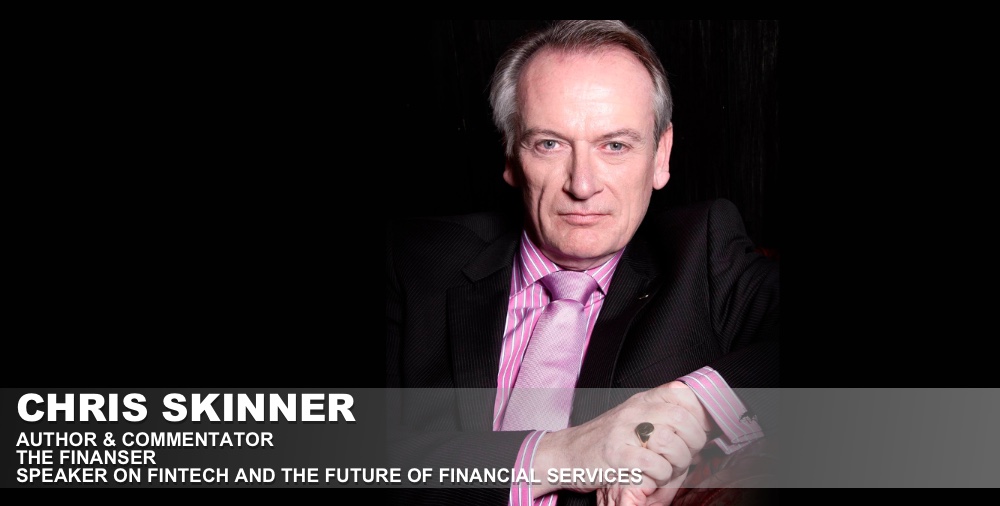
an article written by Chris Skinner, the most influential person in technology in the UK, international best selling author, top worldwide speaker on fintech banking. Chris will give a keynote speech at Banking 4.0 – international fintech conference.
We are regularly being bombarded with unicorn news. Some rise and some fail. We hear about toxic corporate cultures and ousted CEOs on some occasions, with WeWork being the latest to get caught in the pre-IPO crossfire. In case you’re not aware, their CEO and founder has gone and now they’re scrapping their plans for a share sale after seeing their estimated post-IPO valuation decimated.
In the FinTech world, we are no strangers to unicorns, with a number rising to multi-billion valuations in recent months. The latest headline grabber is Revolut. Raising $1.5 billion to take on the world, particularly move into the US-markets, it would value the firm just shy of $10 billion. Not bad for a four-year old firm which would then become Europe’s most valuable FinTech unicorn.
But it is not without controversy with accounts of a toxic culture and allegations of involvement with the Kremlin (and there’s more).
I’m not interested in those allegations, but what does interest me is the speculation that this young company could be valued to so highly. In 2018, Revolut made a net loss of £32.8 million ($40 million) on revenues of £58.2 million ($70 million), doubling the level of losses it made in 2017. The cost of sales jumped 247% on card scheme charges and user acquisition.
This begs the question: what is the real value of this contender, bearing in mind it is one of many and still very young?
This was a question neatly raised by Vinay Jayaram on LinkedIn to :
What the #Revolut numbers actually mean ….
They claim to have 8M customers. Let’s assume *all* of them are active. If they are “valued” at $10Bn that’s a per customer lifetime value of $1,250 or £1,000.
Their premium fee is £6/month or £72/year. That’s 14 years to break even, assuming that’s the only revenue source (it isn’t). Even assuming fees for debit card usage and thin margins for FX, that’s probably a 10 year break even horizon.
At a P/E of 20 (= 2x JPM) they’d have to be making $500M of net income to be worth $10Bn. They made £58M of revenue (a great feat). Revenue is not net income.
The assumptions you’d have to believe to make this valuation work are pretty astonishing. Let’s see if there are believers out there after the recent public market “revaluations” and the apparent retreat of a major source of private capital.
Meanwhile, the US interest rate cuts sure came at a great time for Revolut.
Vinay gained some interesting comments back on LinkedIn too – checkout the link to link-in – but my take is that there is no rational valuations out there today. Some of the multibillion-dollar babies are going to fail and there can never be a multibillion company that fails to generate users, revenues and profits.
Therefore, for those young firms saying that profit is not part of their core metrics, you’ll need to get real one of these days.
Banking 4.0 – „how was the experience for you”
„So many people are coming here to Bucharest, people that I see and interact on linkedin and now I get the change to meet them in person. It was like being to the Football World Cup but this was the World Cup on linkedin in payments and open banking.”
Many more interesting quotes in the video below: